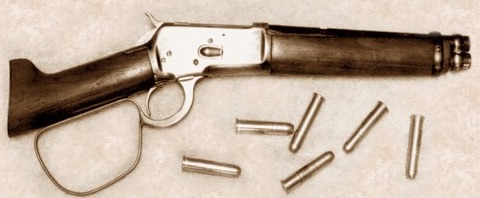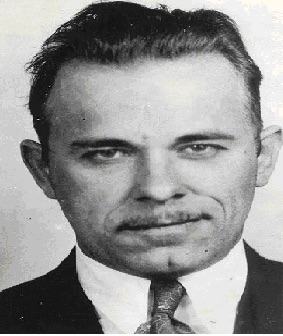Oakland, California – District Judge Claudia Wilkin (pictured) issued a new order regarding in re NCAA Student-Athlete Name & Likeness Licensing Litigation, a putative class action involving the Indianapolis-based National Collegiate Athletic Association (“NCAA”). The NCAA’s motion to dismiss on, inter alia, copyright and First-Amendment grounds was denied.
Indianapolis-based National Collegiate Athletic Association (“NCAA”). The NCAA’s motion to dismiss on, inter alia, copyright and First-Amendment grounds was denied.
In this action, Plaintiffs, a group of twenty-five current and former college athletes who played for NCAA men’s football or basketball teams between 1953 and the present, pursued a putative class action against Defendant NCAA. They initially brought claims against Collegiate Licensing Company (“CLC”) and Electronic Arts Inc. (“EA”) as well, but agreed to settle those claims before this order was issued.
At the time of this order, four of the Plaintiffs (the “Right-of-Publicity Plaintiffs”) alleged that the NCAA misappropriated their names, images and likenesses in violation of their statutory and common law rights of publicity. In contrast, the other twenty-one Plaintiffs (the “Antitrust Plaintiffs”) alleged that the NCAA violated federal antitrust law by conspiring with EA and CLC to restrain competition in the market for the commercial use of their names, images and likenesses. This order addressed only the latter set of claims, which arise under the Sherman Antitrust Act, 15 U.S.C. § 1 et seq.
To be eligible to compete, the NCAA required student athletes to release in perpetuity all rights to the commercial use of their images. The Antitrust Plaintiffs contend that the “purposefully misleading” release forms then allowed the NCAA to sell or license the athletes’ identities to others.
In addition to the release that the athletes had signed, a price-fixing conspiracy/group boycott prevented the athletes from being able to pursue compensation for the licensing of their identities even after they stopped competing. This allegedly interfered with their ability to market “group licensing rights” for their identities in game broadcasts, rebroadcasts and video games. Because many of these Plaintiffs also went on to play professionally, such rights could be of considerable value.
Intellectual property attorneys for the NCAA argued that assertions of a right of publicity of student athletes in the context of game broadcasts were barred by the First Amendment as well as California statute. The court was not persuaded by either argument. On the First Amendment argument, the court held that, while the original broadcast might enjoy protection, “subsequent unauthorized reproductions” did not.
Likewise, the California statute cited by the intellectual property lawyers for the NCAA was not persuasive to the court. That statute provided that the athletes had no right of publicity in the “use of [his or her] name, voice, signature, photograph, or likeness in connection with any news, public affairs, or sports broadcast or account.” However, the court held that such right-of-publicity restrictions did not apply to licensing in other states that lacked similar statutes.
The court also rejected the NCAA’s copyright-preemption argument on two grounds. First, this was not properly considered under the law of copyright. The athletes were not asserting intellectual property rights under copyright law but rather sought to license their personas. As a persona cannot be copyrighted, copyright preemption did not apply. Moreover, the Plaintiffs’ claims were not of simple theft of intellectual property. They also asserted a broader antitrust right – to prevent injury to competition. Citing United States v. Microsoft Corp., 253 F.3d 34, 63 (D.C. Cir. 2001), the court stated, “[I]ntellectual property rights do not confer a privilege to violate the antitrust laws” and denied the NCAA’s motion to dismiss.
Practice Tip: The NCAA has been heard before on claims under the Sherman Act. NCAA v. Board of Regents, 468 U.S. 85 (1984). In that decision, the Court acknowledged that the NCAA must be given some leeway to adopt anticompetitive rules violating the Sherman Act, concluding that intercollegiate athletics is “an industry in which horizontal restraints on competition are essential if the product is to be available at all.”
 Indiana Intellectual Property Law News
Indiana Intellectual Property Law News




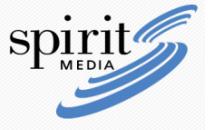
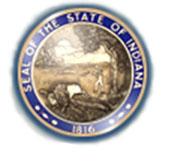
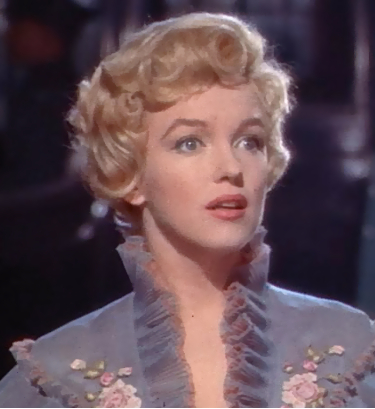

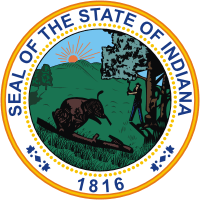 Representatives
Representatives 